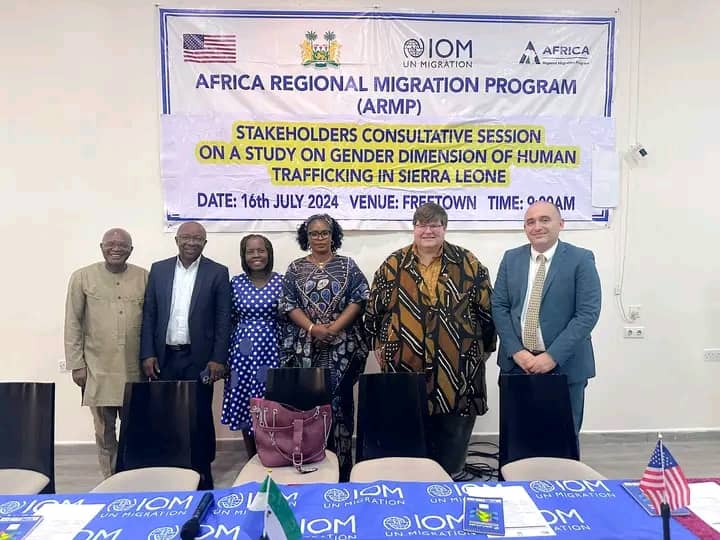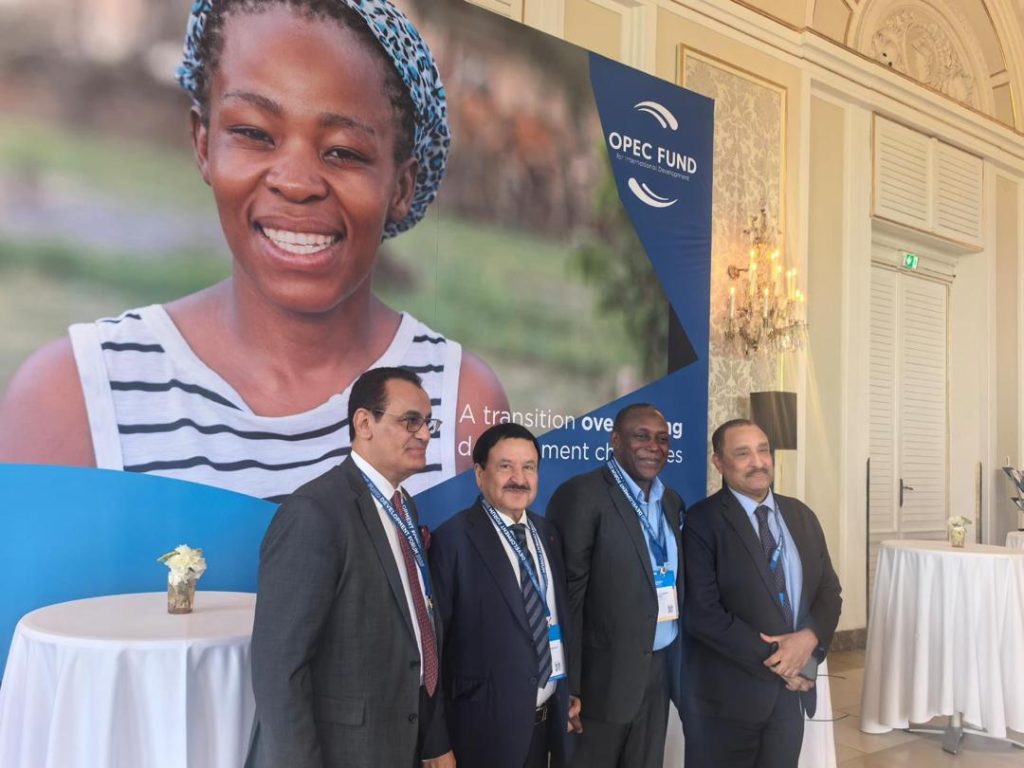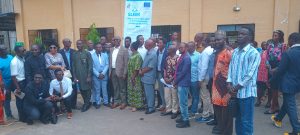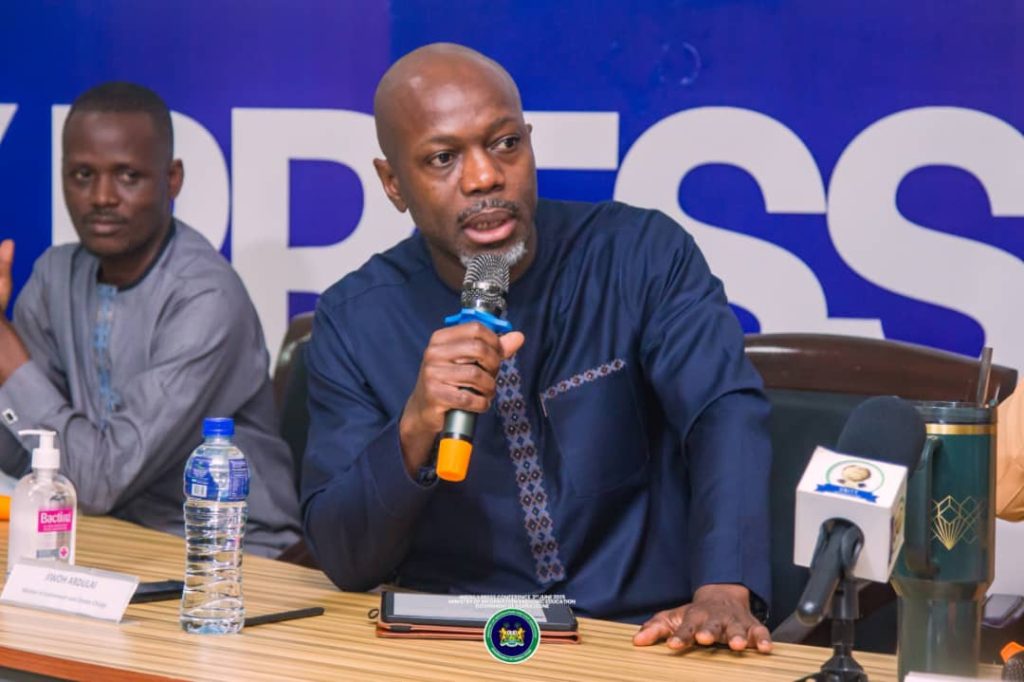IOM and U.S. Government Host Crucial Seminar on Gender Dimensions of Human Trafficking in SL

On July 16, 2024 support from the United States Government, the International Organisation for Migration (IOM) convened a crucial stakeholder engagement focusing on the gender dimensions of human trafficking in Sierra Leone. Held at the Sierra Leone Naval Base in Murray Town, the event brought together representatives from various sectors to discuss and develop gender-sensitive policies aimed at combating human trafficking, an issue that predominantly affects women and children.
In his welcoming statement, Christo Christodoulides, Head of IOM Sierra Leone, emphasized the significance of the engagement. He highlighted that the discussions would lead to informed decision-making and the development of effective policies. Christodoulides commended the growing dedication and commitment of the Sierra Leonean government in addressing human trafficking. He stressed that 65% of trafficking victims in Sierra Leone are women, children, and young people, who are exploited for sexual purposes and labor. Christodoulides identified poverty, inequality, and lack of economic opportunities as root causes of human trafficking. He advocated for a human rights and gender-sensitive approach to effectively tackle these issues.
U.S. Ambassador to Sierra Leone Bryn Hunt underscored the importance of equipping stakeholders with the knowledge and skills needed to combat human trafficking. He emphasized the need for collaboration among the three Ps: protection, prevention, and prosecution. Ambassador Hunt urged authorities to establish special courts where victims can testify against traffickers without the intimidation of an open court setting. He highlighted that a dedicated and supportive legal framework is essential for encouraging more victims to come forward and seek justice.
Dehunge Siaka, Executive Director of the Anti-Human Trafficking in Persons Secretariat, presented alarming statistical data. He revealed that in 2023, out of 51 reported cases, 35 involved female victims and 16 involved children. This data underscores the higher prevalence of trafficking among females. Siaka highlighted the existing laws designed to address the intersectionality in human trafficking, stressing the need for robust enforcement and continuous review to adapt to evolving challenges.
In her keynote address, Minister of Gender and Children Affairs Dr. Isata Mahoi emphasized President Bio’s efforts in addressing gender-related issues and human trafficking. She reiterated the government’s commitment to strengthening law enforcement agencies, enhancing victim support services, and raising awareness about the dangers of human trafficking. Dr. Mahoi identified poverty, lack of education, and gender-based violence as root causes of human trafficking and stressed the significance of tackling these issues comprehensively. She condemned the removal of human organs as heinous crimes and urged communities to actively participate in the fight against human trafficking. Dr. Mahoi also highlighted ongoing initiatives aimed at providing education and economic opportunities to vulnerable populations, which are crucial for preventing trafficking.
The engagement also featured interactive sessions where participants discussed various strategies to combat human trafficking. These included improving inter-agency coordination, enhancing data collection and analysis, and increasing public awareness campaigns. Participants also explored ways to strengthen international cooperation to track and dismantle trafficking networks.
The event concluded with a commitment from all stakeholders to continue working together to combat human trafficking in Sierra Leone. They agreed to meet regularly to review progress, share best practices, and develop new strategies to address emerging challenges. The engagement marked a significant step towards creating comprehensive and effective strategies to combat human trafficking in Sierra Leone, with a focus on protecting the most vulnerable populations and ensuring justice for victims.
By addressing the gender dimensions of human trafficking, Sierra Leone aims to create a safer and more equitable society where all individuals can live free from exploitation and abuse.





